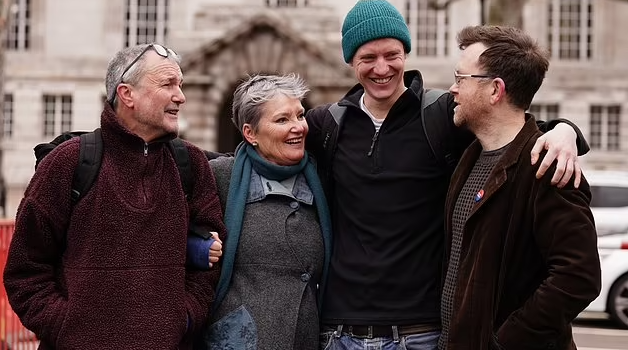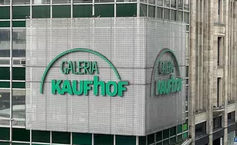
Brentford striker included in squad for Euro 2024 qualifiers despite potential ban.
Ivan Toney has made his return to Gareth Southgate’s England squad for the upcoming Euro 2024 qualifiers against Italy and Ukraine, despite facing a potential ban due to ongoing gambling rule breaches.
The Brentford striker is included in Southgate’s first selection since the team’s exit from the World Cup quarter-finals against France last December. Toney, who scored his 17th goal of the season in a recent 2-0 victory over Southampton, missed out on the Qatar tournament despite being part of the squad for Nations League matches against Germany and Italy in September.
Notably absent from the squad is Chelsea’s Raheem Sterling, who missed the Blues’ recent 3-1 win against Leicester. Toney’s inclusion means Aston Villa’s Ollie Watkins, who has netted six goals in his last seven appearances, is left out.
Despite the ongoing police investigation surrounding Manchester City right-back Kyle Walker, he remains in the 25-man squad, while other notable absences include Ben White, Conor Coady, Callum Wilson, and Trent Alexander-Arnold, all of whom featured in the World Cup.
Ben Chilwell earns a recall to the squad for the first time since the 10-0 win against San Marino in November 2021. Harry Maguire retains his position despite limited appearances for Manchester United this year. Leicester’s James Maddison, who suffered a knee injury that affected his World Cup participation, is also included, alongside Kalvin Phillips, despite his limited game time with Manchester City.
England will travel to Naples to face Italy on March 23, followed by a home match against Ukraine on March 26 in Group C.
England Squad:
Goalkeepers: Jordan Pickford (Everton), Nick Pope (Newcastle United), Aaron Ramsdale (Arsenal)
Defenders: Ben Chilwell (Chelsea), Eric Dier (Tottenham), Marc Guehi (Crystal Palace), Reece James (Chelsea), Harry Maguire (Manchester United), Luke Shaw (Manchester United), John Stones (Manchester City), Kieran Trippier (Newcastle United), Kyle Walker (Manchester City)

















